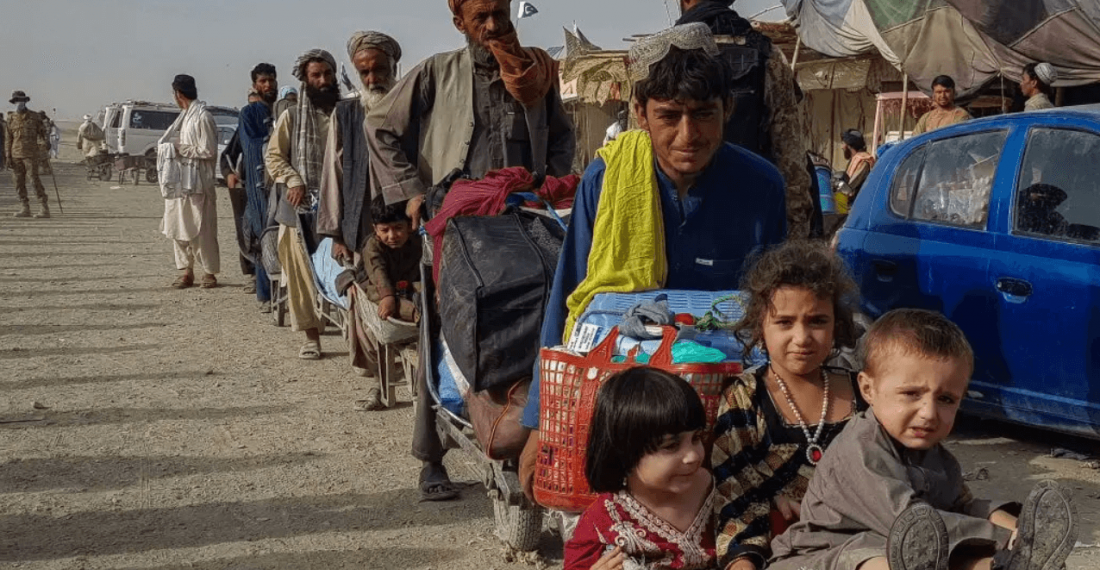The European Union is providing a further €700 million in humanitarian aid to Afghanistan and its neighbours, the European Commission said ahead of Tuesday’s G20 leaders’ meeting on Afghanistan. After the Taliban took power, the economy is on the verge of collapse and winter is approaching.
The €300 million that the EU has already released for emergency support is not enough, according to Brussels. In order to support the Afghans, the EU is providing an additional €250 million for "humanitarian plus", notably in the field of health. This aid package will not go to the Taliban regime, but should reach ordinary Afghans through aid organisations, the European Commission emphasises.
“We must do all we can to avert a major humanitarian and socio-economic collapse in Afghanistan”, Ursula von der Leyen said in a statement.
Another million euros will go to Afghanistan’s neighbouring countries that have taken in Afghans who have fled their country. It is intended for accommodation and the fight against criminal groups, human smugglers, and budding terrorists.







